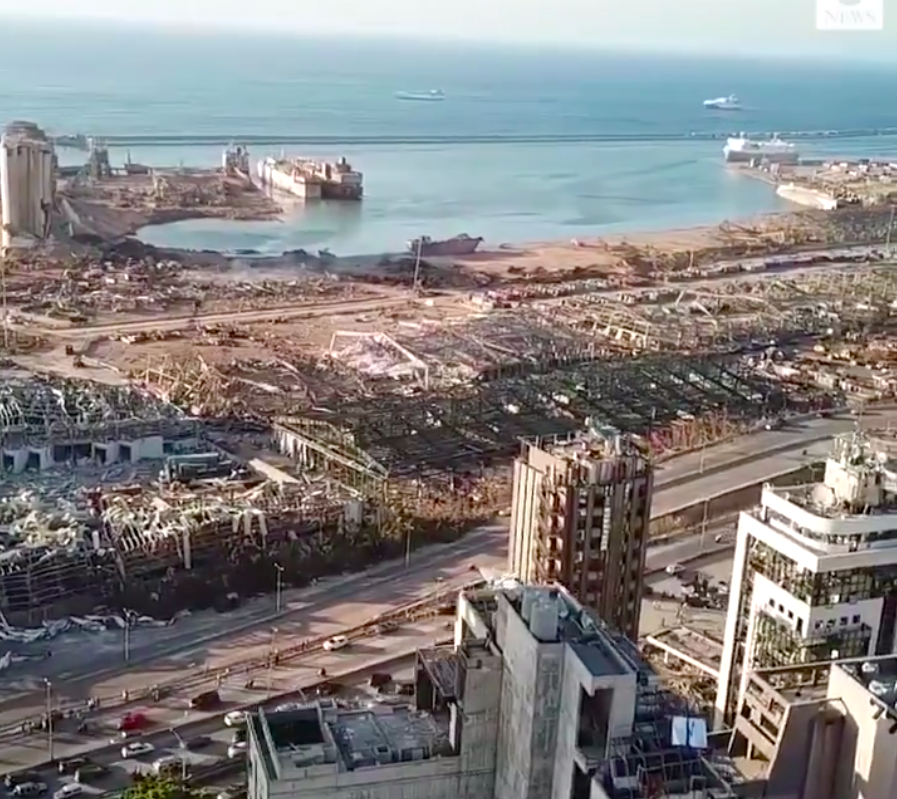
As bodies are still being pulled from the ruble in Beirut, after the massive explosion that killed hundreds and devastated the Mediterranean port, many are beginning to question the official narrative of an 'accidental' explosion of a long-stored pile of ammonium nitrate.
The question is not whether or not the ammonium nitrate was there and exploded...it was. The question is not whether there were many links of a chain of corrupt behavior involving many parties....there were. The question is was the chemical detonated accidentally by 'fireworks stored nearby', or was it detonated intentionally, and if so, by whom.
The main issue seems to be the possibility of an arms depot for the Shia, Iranian-backed Lebanese militia, Hezbollah. There is no doubt Hezbollah has such arms storage facilities in Lebanon, and they undoubtably receive such shipments at the port in Beirut. But was one near the blast site?
This is the theory being pushed by many analysts looking at the situation.
At CDMedia, we tend to look at the consequences of actions rather than believing the corrupt media-approved narrative. This seems to be one of those situations.
Let's look at the subsequent propaganda, which is usually instructive for whose ox it is trying to gore.
First, there is no evidence that the Israelis were involved. It would not make sense for Israel to use such a blunt instrument and incur the wrath of world opinion, when they have smart weapons that could surgically take out a target. This doesn't prevent many voices blaming the Mossad, who has most likely been behind much of the damage inside Iran's nuclear infrastructure over the last few months. Israel does not want another war with Lebanon; it's main focus is Iran and the threat it poses, especially if Joe Biden is elected president and top cover from The White House disappears.
Interestingly enough, Russian-controlled propaganda outlets are pushing a Western role in the explosion, allegedly so American and European corporations can take advantage of the destruction to make money on the reconstruction. This seems a far-fetched way to make money, since Beirut is still engulfed in a simmering low-level civil war, with Muslim extremists retaining power in the country, hence Western sanctions. This is not a 'business-friendly' scenario for international investment.
Russia is allied with Iran. Iran backs, and financially supports Hezbollah. Iran is Russia's partner in the nearby Syrian conflict, where the Shia Assad regime fights to regain control from Sunni Jihadi militias; Hezbollah is Iran's proxy army in Syria. It is instructive that Russia is attempting to shift blame from any possibility of a Hezbollah weapons-storage facility in the port area of Beirut.
Political scientist Roland Bidzhamov believes that the blasts could have been carried out in order to frame the pro-Iranian Hezbollah group as it is what both domestic and foreign players - including the US, Saudi Arabia and Israel - are interested in. "The situation comes amid a deep political and economic crisis in Lebanon. In fact, the country has come to the brink of civil war, just like it was in the mid-1970s," the expert explained, reported Russian state news agency TASS this morning.
The most likely explanation to us is that someone detonated the ammonium nitrate, taking advantage of a situation for a political purpose. Was it to destroy a Hezbollah arms-storage facility? Was it to frame Hezbollah to weaken its power in the surging second Lebanese civil war? Was it an entity that wanted to damage Iran's capabilities in the region? Was it an internal operation to discredit one political movement or another?
We don't know the exact answer to these questions, but with everything that has happened in the Middle East in the last few years, we don't rule out at all a purposeful detonation of the explosive material to achieve an agenda.
We just don't know what exactly the agenda is, but the propaganda is interesting.









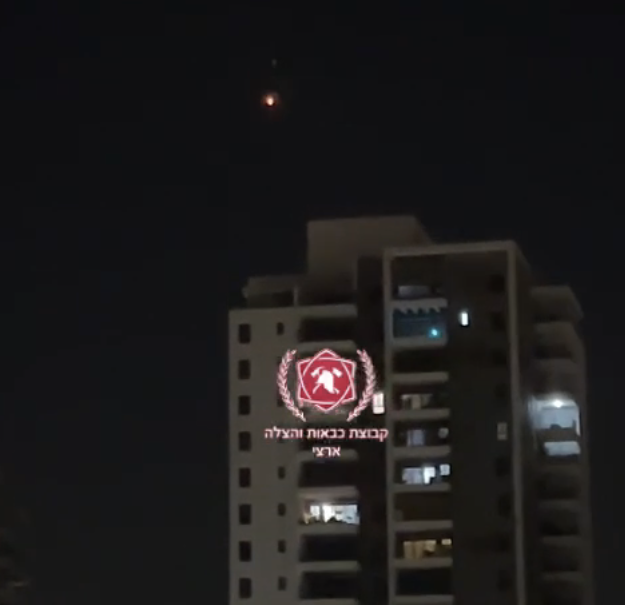

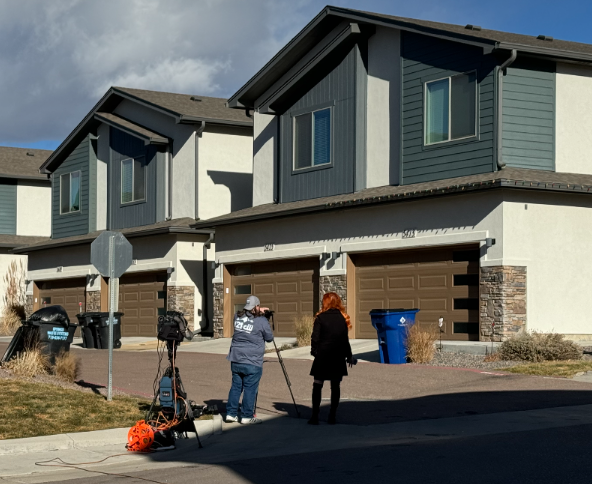






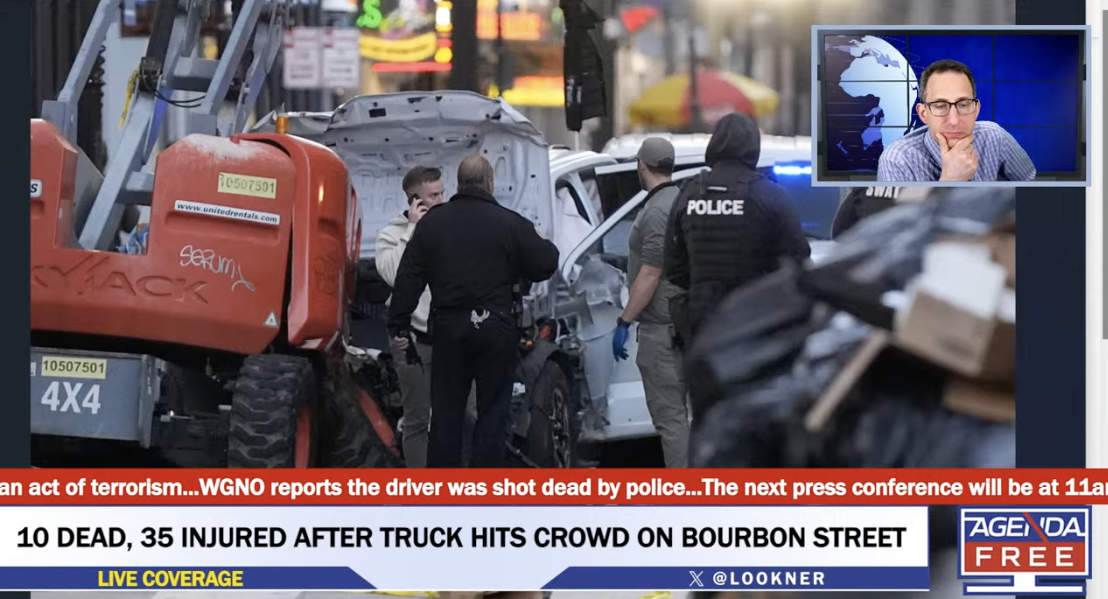
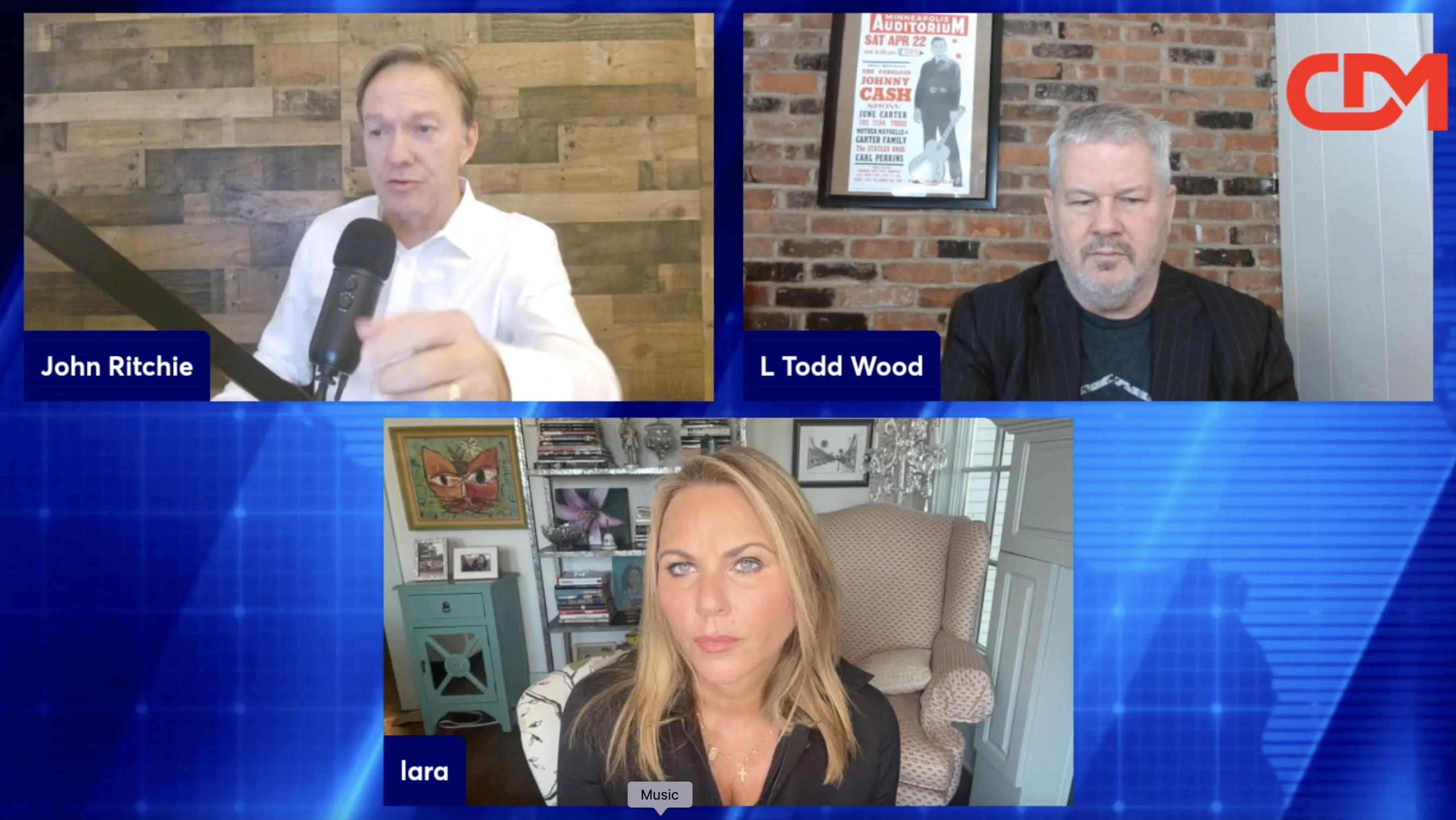


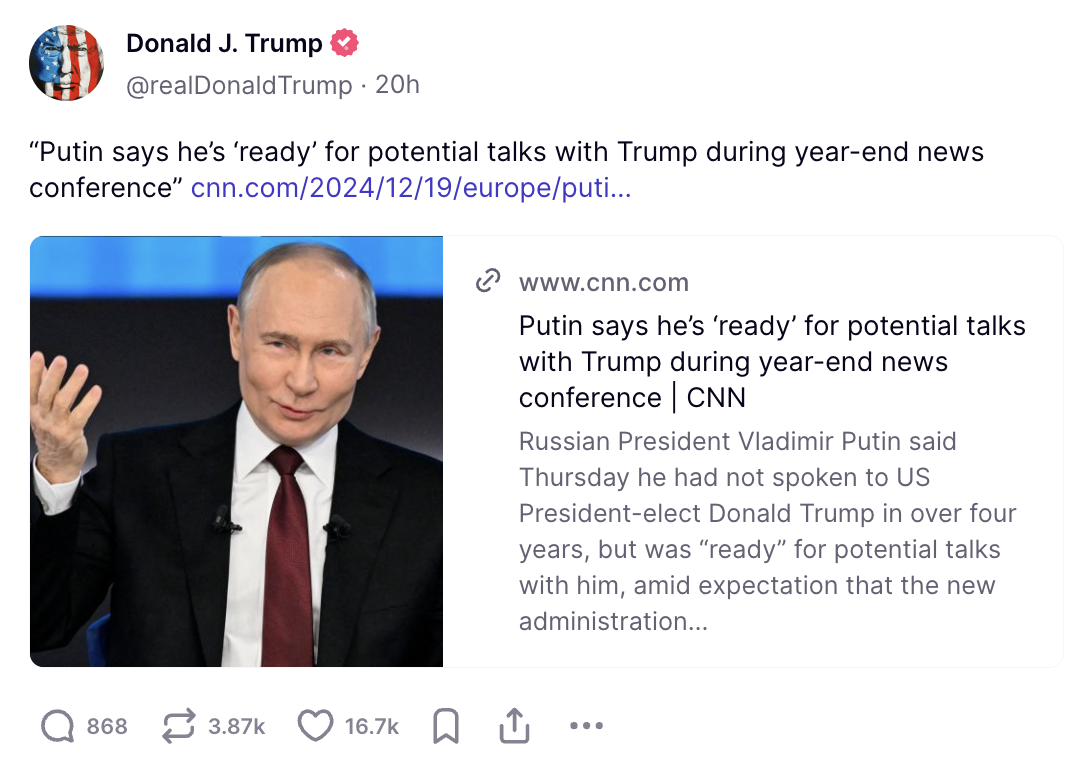


[…] post To Find Out What Really Happened In Beirut, Look At The Propaganda appeared first on CD […]
This tragedy has a terrorist footprint all over it.
This is what comes of an Iranian supported, Hezbollah presence, a certain, ever present and very definite exposure to liability. As regretable as all the death and destruction may be, the over riding lesson is clear and explicit.
Host terrorists and terrorism on your soil and you are inevitably responsible for your own exposure to collateral liability. There is a message here for all of us as this is what weakness looks like in a very hostile world where evil enemy forces jockey for power
[…] To Find Out What Really Happened In Beirut, Look At The Propaganda […]
[…] To Find Out What Really Happened In Beirut, Look At The Propaganda […]
The videos I saw showed many airborne small explosions consistent with fireworks or some kind of munitions going on for some time before the big blast--would seem consistent with accidental ignition, or else a pretty diabolical scheme to provide somebody "deniability".
I have not heard a peep from the head of Hell'sbullys maybe he lit it.